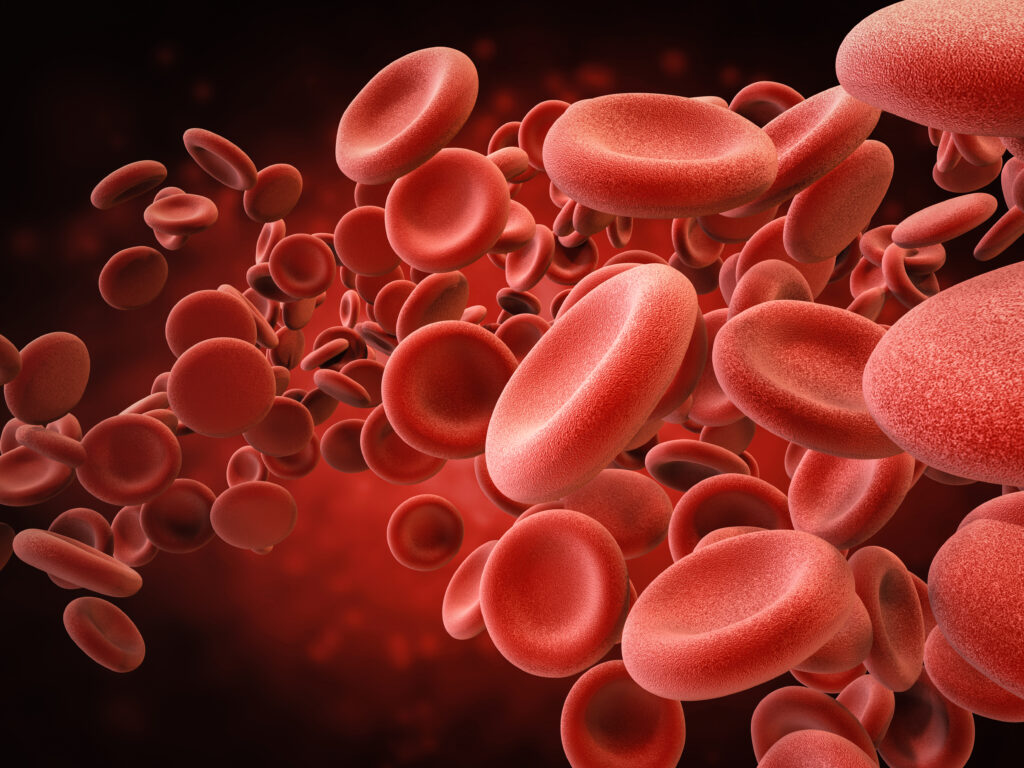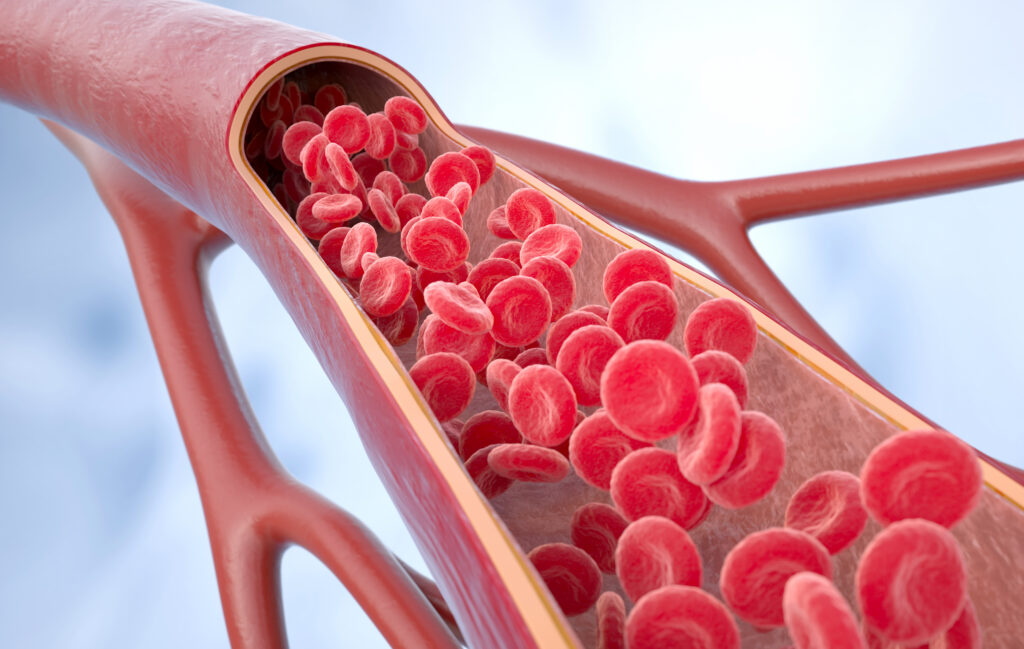Introduction
Oxidative stress poses a significant threat to cells and tissues, with resilience largely dependent on the quality and strength of their antioxidant systems. These systems include small molecules, proteins, and enzymes that work together to control and neutralize reactive oxygen species (ROS) and repair oxidative damage.
Among all cell types, red blood cells (RBCs) are uniquely vulnerable to oxidative stress due to their high hemoglobin content. Hemoglobin readily undergoes auto-oxidation, generating ROS that can damage membranes and other cellular components, primarily through Fenton chemistry, where iron reacts with hydroperoxide to produce hydroxyl radicals. To counteract this, RBCs possess a robust antioxidant defense system that enables them to carry out their primary functions—oxygen transport and carbon dioxide removal. However, when these defenses are weakened by genetics, diet, disease, or toxin exposure, RBCs become more vulnerable to hemolysis in vivo and storage lesions during transfusions, particularly in long-term blood storage. The latter is a major challenge in transfusion medicine

The Antioxidant Powerhouse for RBCs
Ergothioneine has recently gained attention as a critical antioxidant safeguard in RBCs. This diet-derived compound is absorbed in the gut via a highly specific transporter (SLC22A4) and accumulates in certain tissues, with RBCs being a major reservoir. While no disease has been directly linked to ergothioneine deficiency, low serum ergothioneine is associated with increased morbidity and decreased lifespan (see my other blogs on the topic).
Within RBCs, ergothioneine plays an essential role in reducing oxidative stress and preventing damage. Its unusually high concentration in these cells suggests it is vital for their long-term stability and functionality. Some researchers speculate that it helps maintain RBC integrity by reducing methemoglobin formation and scavenging ROS, particularly hydroxyl radical
Implications for Blood Storage and Transfusion Medicine
In transfusion medicine, oxidative stress is a key driver of the RBC storage lesion, a progressive deterioration that occurs when RBCs are stored for extended periods. Some studies indicate that RBCs with higher ergothioneine levels may be more resistant to storage-related damage, raising the possibility that ergothioneine supplementation could improve RBC viability and post-transfusion outcomes.
Imagine walking into a blood bank and seeing a sign that reads: “Have you eaten your mushrooms today? Taken your Ergo?” Okay, maybe we’re not quite there yet, but the idea that diet could optimize blood quality is becoming harder to ignore.
Despite the promise of ergothioneine, there are still gaps in our understanding of how it functions in RBCs, particularly during their storage and aging. Future research will need to clarify whether dietary ergothioneine supplementation can enhance RBC longevity and transfusion quality, as well as its potential role in mitigating oxidative stress-related hemolytic conditions.
Clinical Applications: Who Would Benefit?
Beyond transfusion medicine, ergothioneine’s role in RBC protection could have profound clinical implications. If it extends RBC lifespan, this could mean fewer resources devoted to RBC production, which may impact overall vitality and metabolic efficiency. Some conditions that could benefit include:

- Sickle Cell Disease (SCD) & Hemolytic Disorders
SCD involves chronic oxidative stress and premature RBC destruction.
Higher ergothioneine levels might improve RBC resilience, reducing hemolysis and inflammation. - Anemia & Chronic Disease
In conditions like chronic kidney disease (CKD) or inflammatory disorders, oxidative stress accelerates RBC turnover.
Ergothioneine could help stabilize RBCs, reducing the burden of frequent transfusions or erythropoiesis-stimulating therapies. - Aging and Longevity
RBC antioxidant defense declines with age, leading to impaired oxygen delivery and increased oxidative stress.
Higher ergothioneine levels in RBCs could slow age-related functional decline. - Endurance & High-Performance Athletes
Athletes have higher oxidative stress due to increased oxygen consumption.
More resilient RBCs could enhance endurance and recovery by improving oxygen transport efficiency. - Neonatal Medicine & Premature Infants
Neonatal RBCs are particularly susceptible to oxidative stress.
Improving RBC quality in stored blood could lead to better outcomes for premature infants receiving transfusions.
The Future
Ergothioneine is emerging as a key player in the protection of RBCs from oxidative stress. With increasing evidence supporting its role as a cellular safeguard, there is a strong case for further research into its impact on RBC function, storage stability, and potential clinical applications. If ergothioneine proves beneficial in these areas, it could become an important tool in transfusion medicine, hematology, and oxidative stress management—potentially influencing everything from disease treatment to human vitality and longevity.
My Final Thoughts
If ergothioneine prolongs RBC lifespan, fewer resources are needed for RBC production, potentially freeing up metabolic energy for other physiological functions. This raises an intriguing question:
Could higher RBC ergothioneine levels translate to improved vitality, and enhanced endurance?
We may not yet have all the answers, but as research unfolds, ergothioneine’s role in RBC health may prove to be a game-changer.
References
[1] Thomas TA, Francis RO, Zimring JC, Kao JP, Nemkov T, Spitalnik SL. The role of ergothioneine in red blood cell biology: a review and perspective. Antioxidants (Basel). 2024;13(6):717. doi:10.3390/antiox13060717.